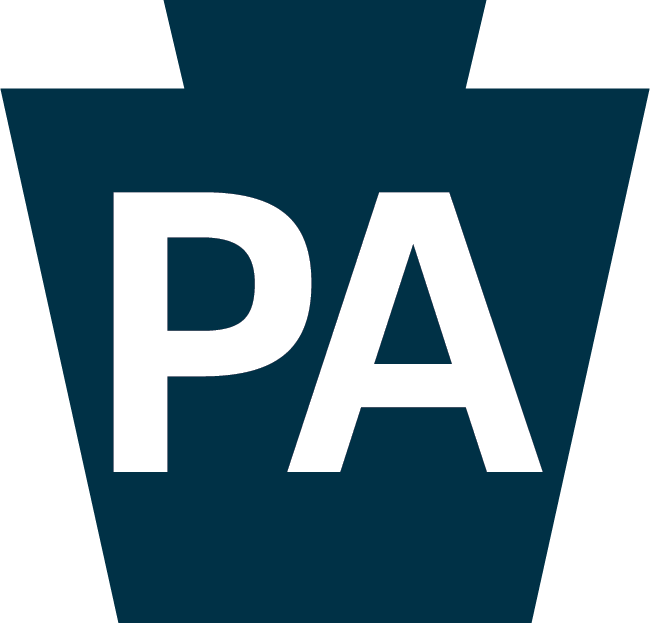Supporting Diverse Businesses
There are specific opportunities and resources open to small diverse businesses in Pennsylvania on the local, state, and federal levels. In Pennsylvania diverse businesses include minority-owned, woman-owned, veteran-owned, disabled-owned, and LGBT-owned businesses.
Small Diverse Business Certification
To be eligible for the various programs and resources available to small diverse businesses, you must first be registered and legally operating within Pennsylvania and be verified as a small diverse business. Eligible small businesses must hold certifications as diverse businesses with one of the Pennsylvania Department of General Services’ approved third-party certification entities, some of which are listed below. Visit the Pennsylvania Department of General Services website to view a full list of third-party certifiers and learn more about becoming a certified small diverse business.
Women: Opens in new windowWoman’s Business Enterprise National Council (WBENC)
Minorities: Opens in new windowNational Minority Supplier Development Council (NMSDC)
Veterans: Opens in new windowVets First Verification Program at vetbiz.gov
Disabled: Opens in new windowUS Business Leadership Network (USBLN)
LGBT: Opens in new windowNational Gay & Lesbian Chamber of Commerce (NGLCC)
State Contracting & Procurement Opportunities
Pennsylvania state government offers many contracting and procurement opportunities throughout the year. If you’re interested in competing for these contracts, there are benefits to registering as a small diverse business contractor. To begin the contractor registration process, visit the Department of General Services’ website.
For more general information on becoming a supplier or vendor for state government, visit our Government Contracting page.
Small Disadvantaged Business Status
In addition to certifying as a small diverse business in Pennsylvania, you might want to explore the federal resources available to small disadvantaged businesses. A small diverse business may choose to represent itself as a small disadvantaged business, which generally requires the following:
-
- The firm must be 51% or more owned and control by one or more disadvantaged persons.
- The disadvantaged person or persons must be socially disadvantaged and economically disadvantaged.
- The firm must be small, according to the U.S. Small Business Administration (SBA) Opens in new windowsize standards
Qualifying businesses that meet the federal standards for small disadvantaged businesses have access to a suite of additional federal programs and assistance. To learn more about acquiring this classification, visit SBA’s website.
